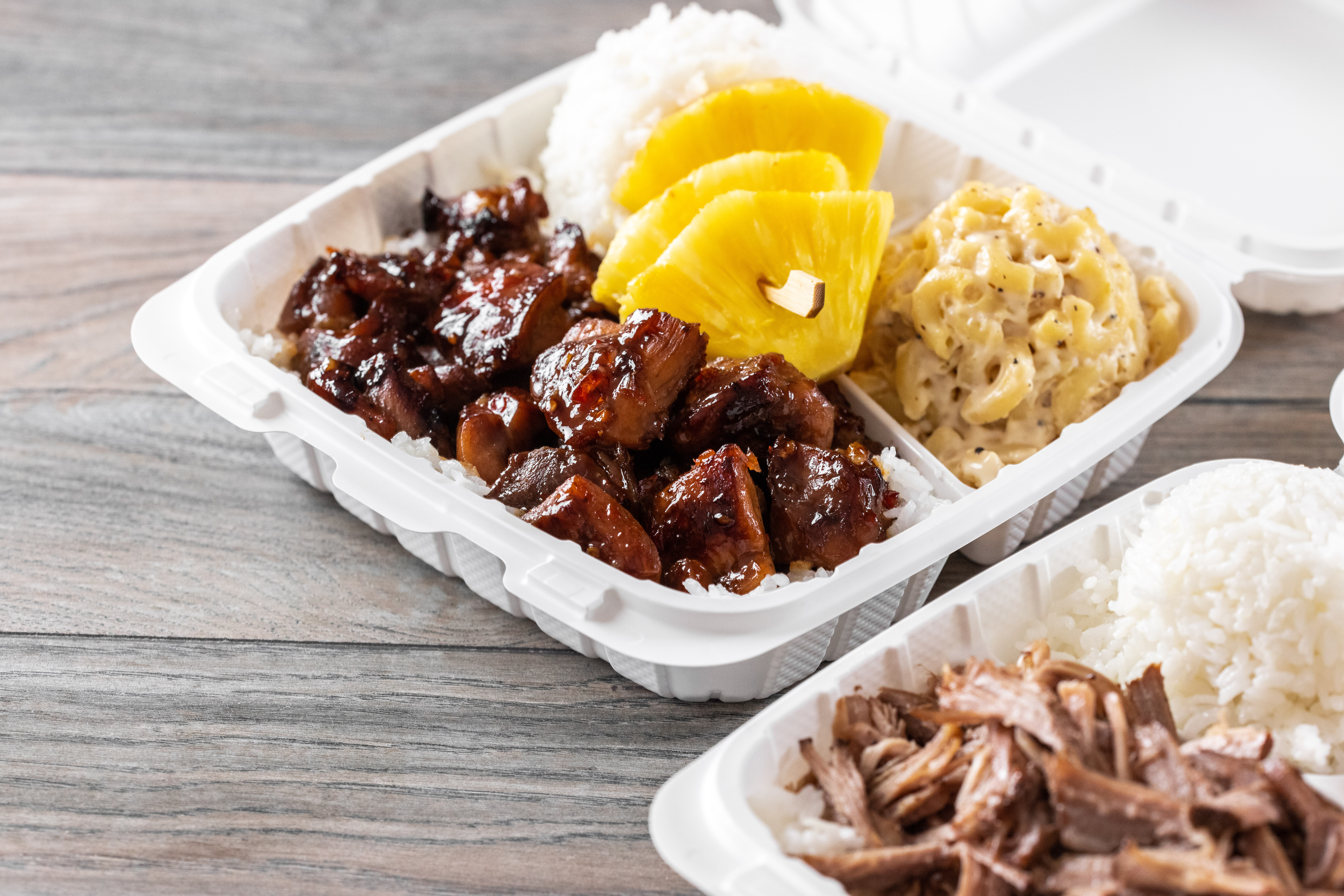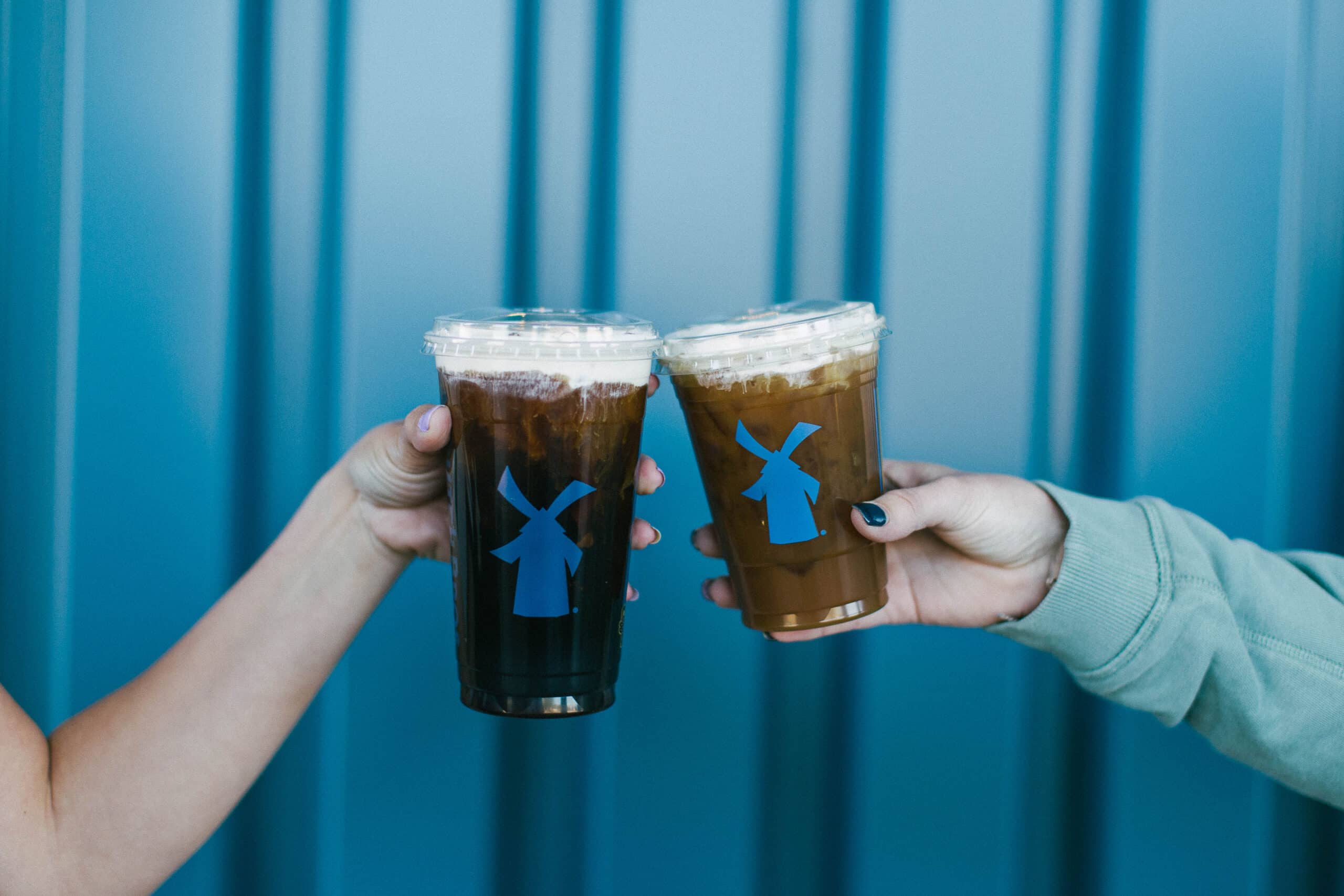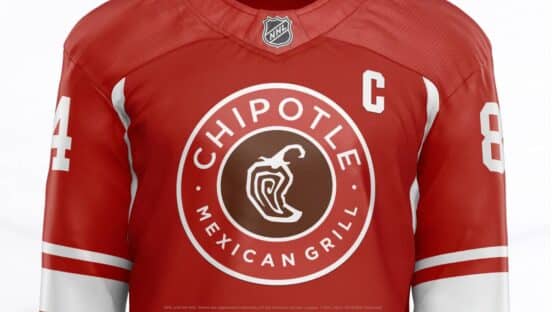For a number of brands, macroeconomic headwinds in 2021 meant disruptions in construction and underperformance in development.
Dutch Bros CEO Joth Ricci knows his coffee chain isn’t immune to those pressures. But it’s also quite clear the impact just isn’t the same.
In the first year of being a public brand, Dutch Bros opened a record-breaking 98 stores systemwide, surpassing previous guidance of 92 units. Among those openings were three new states—Texas, Oklahoma, and Kansas.
In the fourth quarter, the chain debuted an unprecedented 35 shops, 23 of which came in December. In the last weekend of the year, when Omicron was close to its peak, the company managed to debut eight stores. But the brand’s most impressive feat arguably came on December 3, when it opened six units in six states.
Dutch Bros finished 2021 with 538 stores in 12 states, up from 441 in 2020. That’s 22 percent growth year-over-year, eclipsing Dutch Bros’ standard of 20 percent annual unit expansion.
In 2022, the brand expects at least 125 openings, or growth of roughly 23 percent. That’s above the previous guidance of at least 112. The company is off to a good start; it opened 25 units in February and is aiming for at least 30 debuts by the end of Q1. That includes its first store east of the Mississippi River in Nashville, Tennessee.
“Through our preopening programs, we continue to invest in the success of each new shop especially as we enter new markets,” Ricci said during the chain’s Q4 and 2021 earnings call. “We send a dedicated opening team to instill our distinctive culture of speed, quality, and service, and in the long run, this investment pays for itself in spades.”
READ MORE: Dutch Bros Dodges Full Impact of Inflation
Dutch Bros, which focuses mostly on company-run expansion, has nearly 200 regional operator candidates in its pipeline prepared to run a market. These restaurateurs began as hourly employees in corporate and franchise stores and have an average tenure of 6.5 years. These operators will support the upcoming 750-1,000 shops currently in the store pipeline.
Behind those operators is another 900 employees in the Dutch Bros Leadership Pathway Program, which provides hourly workers a clear line of sight to becoming a regional operator.
“We are not a real estate company,” Ricci said. “Our primary focus is not site availability, it is people development. When we commit to growth numbers, we do so because we are confident in the readiness of our operators. When we guide to at least 125 new shop openings this year, we do so with the knowledge that we have a sufficient bench strength ready to achieve the goal.”
Dutch Bros’ approach to growth is three-pronged, according to Ricci. One is opening new markets, which will most likely be less this year since so many debuted in 2021. The other two strategies involve infilling young and legacy markets to spread demand and relieve pressure on existing stores.
For instance, after the location based in College Station, Texas, opened with AUV above the system average, Dutch Bros swiftly filled the market with three more stores that are within four miles of each other.
“The net effect was a better experience for our teams and our customers,” CFO Charlie Jemley said. “This will be a recurring theme as we enter new markets. We do not celebrate after a big opening and seek to harvest. We are very mindful of wait times and providing the best experience possible for our customers and for our teams.”
“Our speed goal is not only to have good overall service times for each experience, but to also be consistent in delivering that service by being very reliable,” he added. “We believe that protecting shops from being overburdened helps us achieve these goals.”

The accelerating development strategy is backed by double-digit leaps in sales. Comps in the fourth quarter rose 10.1 percent year-over-year, and 15.3 percent on a two-year basis. For the full year, same-store sales increased 8.4 percent, or 10.3 percent on a two-year stack.
Even with Omicron, labor has been more than manageable. Overall costs and the ability to keep normal operating hours were stable in Q4 and into 2022. The chain had less than 1 percent downtime during the fourth quarter. That number rose slightly in January, but quickly decreased in February. With stores clustered together, Dutch Bros drew from a pool of cross-trained employees to fill in if one location had a shortage relative to another.
In Q4, shop-level turnover was 56 percent, an improvement from Q3. As for regional operators, turnover is “virtually nonexistent,” Ricci said.
“Which we attribute to our unique people-first culture, along with the significant career development opportunities and financial incentives that we provide to our employees,” Ricci said. “Dutch Bros has always been a people- and culture-first company, focused on providing meaningful development opportunities to those who want them. As we increase our shop development target, we open up even more leadership and growth opportunities for our people.”
In addition to expansion, one of the chain’s biggest priorities is the Dutch Rewards program, which debuted in 2021 and has grown to 3.2 million users. That’s about 6,000 customers per shop. In the fourth quarter, the program added 500,000 members. In the past six months, average ticket for rewards customers was 3 percent higher than non-loyalty consumers.
Thanks to the growth of the program, Dutch Bros ended the year with digital mixing more than 60 percent.
“As more customers load funds to their accounts, we believe it can reduce transaction times, speed up our lines, and free time to create meaningful lasting connections,” Ricci said. “Through the app, we also have the ability to remember each interaction with all of our Dutch Rewards members.”
“We can leverage this knowledge to generate custom offers and thoughtful messaging to personalize our members’ Dutch Bros experience,” he continued. “We’re in the early innings of this work, and we’re excited to continue unlocking value for our customers and our brand.”
Total revenues for 2021 grew 52.1 percent to $497.9 million, compared to $327.4 million in 2020. Company-operated shop gross profit increased 41.1 percent to $85.2 million and adjusted EBITDA lifted 17.7 percent to $82.1 million.










